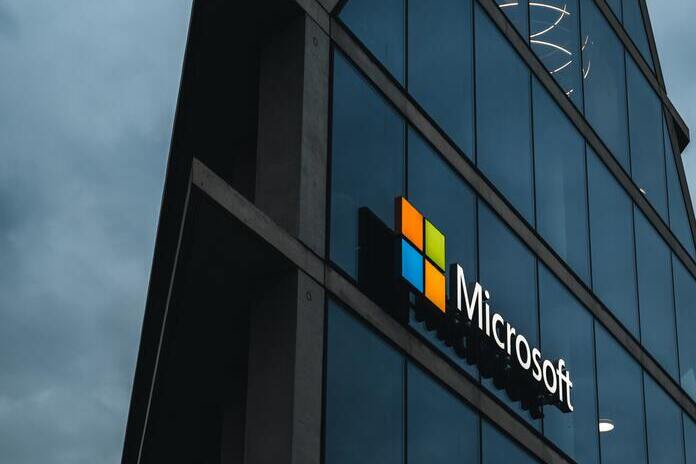Microsoft’s (NASDAQ:MSFT) AI division, known as Microsoft AI, has announced its intention to open a groundbreaking AI hub in London. The focus of this initiative is to advance consumer AI products, research, and capabilities, including Copilot. The hub, named Microsoft AI London, will spearhead cutting-edge work in developing state-of-the-art language models, supporting infrastructure, and top-tier tooling. It will collaborate closely with Microsoft’s AI teams and partners, such as OpenAI. Leading this endeavor is Jordan Hoffmann, an esteemed AI scientist, and engineer with prior experience at Inflection and DeepMind in London. Hoffmann will be supported by a talented group of Microsoft AI team members based in the company’s London Paddington office. With a vast pool of AI talent in the U.K., Microsoft AI plans substantial long-term investment and recruitment of top scientists and engineers for the London hub. Job opportunities will be announced in the coming weeks and months for individuals passionate about tackling challenging AI problems. This initiative adds to Microsoft’s existing presence in the U.K., including Microsoft Research Cambridge, and aligns with the company’s recent £2.5 billion investment to prepare the U.K. workforce for the AI era and develop infrastructure to support the AI economy, such as bringing 20,000 advanced GPUs to the country by 2026.
Microsoft Drives Copilot AI Across Products Amid Regulatory Probe
Microsoft is taking strategic steps to integrate its Copilot AI assistant across its product range to empower organizations in today’s evolving workplace. Copilot, introduced a year ago as part of Microsoft 365, has proven to enhance employee productivity and creativity by leveraging AI power, potentially saving up to 10 hours per month according to data from the Work Trend Index research. A key focus of Microsoft’s innovation strategy is the deep integration of Copilot into Windows 11 and Windows 365, where it acts as an orchestrator to execute tasks securely across applications, files, and the web, enhancing user efficiency and personalization. For commercial users, Copilot’s capabilities extend to Windows 365 Cloud PCs, enabling seamless and secure work across different devices. Additionally, Microsoft is extending Copilot’s AI capabilities to Microsoft 365, Teams, and the Edge browser, broadening its impact across the company’s product lineup. In tandem with these software advancements, Microsoft has introduced two new Surface devices for businesses — the Surface Pro 10 and Surface Laptop 6. The cloud AI market presents significant growth opportunities, estimated to reach $274.54 billion by 2029, with Microsoft, Amazon, Alphabet, and other tech giants actively investing in AI innovation. While Microsoft advances its AI initiatives, competitors like Alphabet’s Google Cloud and Amazon Web Services are also making strategic moves in AI innovation. However, regulatory challenges could potentially impact Microsoft’s ability to capitalize on the lucrative prospects of the burgeoning AI market. Despite these challenges, Microsoft’s shares have gained 12.9% year-to-date, outperforming the broader Zacks Computer and Technology sector’s growth of 11.4%. The Competition Commission of South Africa is gearing up to accuse Microsoft of imposing high fees for businesses seeking to switch their cloud licenses to alternative vendors, which could lead to fines of up to 10% of Microsoft’s revenues in the African nation. Currently, officials are investigating whether AI models and digital platforms, including Microsoft’s Bing, are affecting the revenue generation of the nation’s news and media companies.
Featured Image: Unsplash









